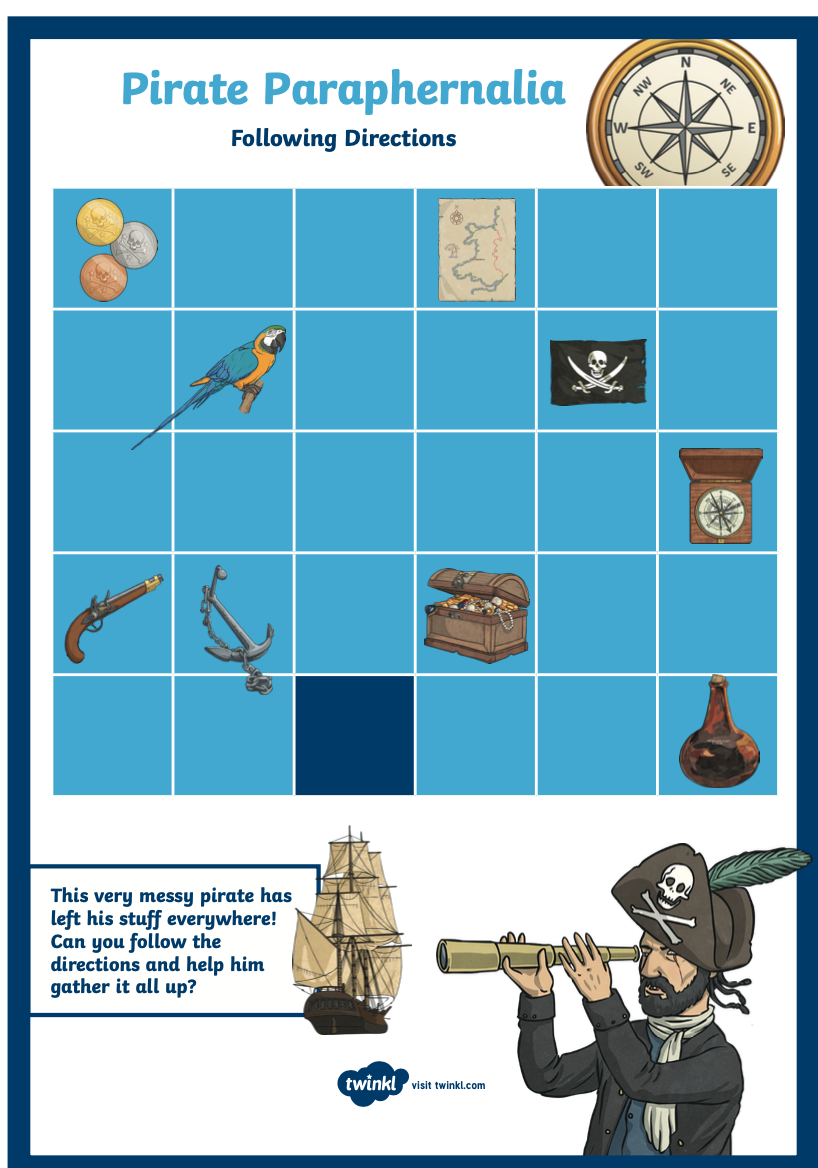28 February - 6 March
Section outline
-
FOCUS / ARONGA learning intentions:
- We are FOCUSING on explaining our Fact File research about Sir William Manchester
- We are FOCUSING on identifying key facts about Sir William Manchester
To recap our learning from last week, you will be completing a fact file about Sir William Manchester.

This will be due by the end of our session on Monday.
Please refer to Google Classroom for the slideshow that has been created for each student.
On Tuesday we will focus on our learning context, Our Place. As part and of our learning journey, we will explore and research links to our place:
LI We are learning how to make connections between our culture and our place.
- How do the following key words: respect/ religion/ culture/ traditions/ heritage/ immigration/ changes and adaptation link to our context : Our Place?
- Reflect on your immigration story . Did you or you parents immigrate from another country? Why did you leave? What were the various values and practices of of culture that you were exposed to from your birth country or parents birth country? Is it different or similar to the values of living in New Zealand.
- Think of all the values you consider as an import part of who you are are that has been shown and taught to you by your family, community and school. Using the information draw a plan of the different symbols, images, colours, flags, that make up your unique identity. Complete this on a new page in your Global Studies book or digitally.
- Think of a way you would like to showcase your cultural identity . For example, design a digital pepeha from your culture that shows your cultural side compared to your Kiwiana side, or perhaps it is an integration of both your culture and new adopted Kiwi culture embodied as one. You could share both sides of your culture or one side. It's up to you! :)
- This can be created in various ways e.g.: The face mask or a bandana, flags, music instruments, cultural food, important traditional clothing, religious symbols, clothes, phrases, dance form, values: respect, compassion, care, support and understanding. However, I will allow you to express your cultural identity using any model or visual you like.
- Once you have completed this, share your pepeha with the class

